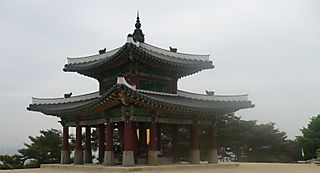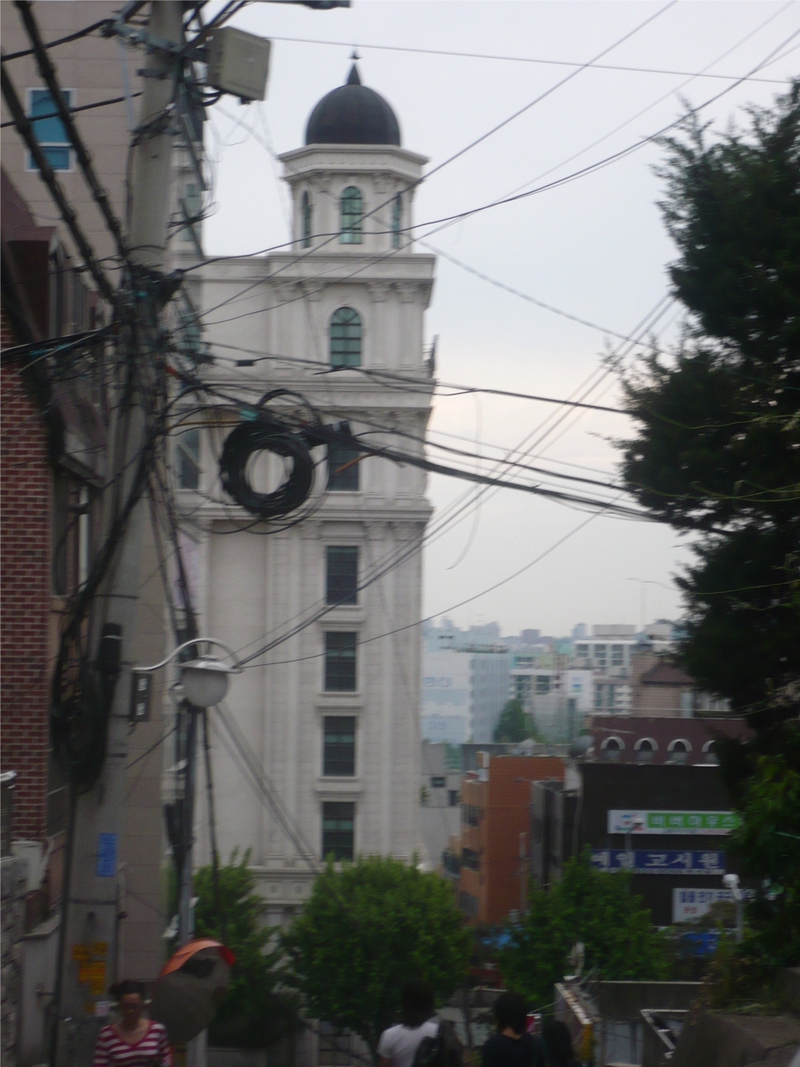A dream I had.
Out of the blue, I got an email (or was it a phone call?) from Oviedo. The infamous Oviedo – the professor who'd sponsored me into the PhD program at Penn, and who'd then been so disappointing as an adviser, and who had devastated me so completely with his statement upon the conclusion of my qualifying exams by saying "frankly, we passed you because of what we expected from you, not because of what you actually did." This tidbit of condescension had been the "last straw" that had caused me drop out of the program in 97.
So Oviedo wrote (or said?) "what are you doing?" Not very complex or interesting communication, but given who was saying it, a loaded question. I answered back (via email) that I was seriously "looking into" going back and completing the PhD, but in linguistics, not Spanish. This was a lie, but I couldn't bear to say the truth. In the dream, the truth wasn't at all clear, though – I wasn't necessarily working at what I'm working at in my waking life.
So having sent the email, though, I felt guilty. I communicated some with some other professors (ex professors) but none of them had "real" names. They were "dreamland" ex professors, I guess. One of them invited me over to London. Somehow, in the dream, London was close by – but I needed mountain-climbing gear to get there. So I went shopping for mountain-climbing gear, around Seoul.
I was on this side street, looking for a store that sold what I needed, and ran into Oviedo in person. He seemed very sinister. He wanted me to come with him, to visit some people "in the department." I waffled, and made an excuse about there having been water damage at the school (not true, and how was this an excuse?).
I ended up with some other people – coworkers from Burbank, maybe. I got a handwritten note from someone who claimed to be a "production designer" for a linguistics PhD program. What the hell is that? Like it's some kind of movie, not a graduate program.
I ended up on the same side street where I'd just evaded Oviedo, only to find myself in some kind of basement apartment, in a brownstone that sort of resembled the one on Kimbark at 62nd, that I'd lived in on Chicago's south side in 85 (although the apartment I'd lived in there had been on the 3rd floor, not the basement). The apartment was unfurnished, but there were quite a few people there, kind of milling about like there was supposed to be a party, but nobody could find it or knew what was going on.
At this moment, "Dan" showed up. "Dan" (always in quotation marks) is a recurring character from my dreams. He doesn't recur often, and he does not seem to be related to, or derived from, any specific "real" individual, although in facial appearance he seems to resemble a composite of several guys I knew in high school who used to hang out with a guy named Dan – but the actual guy named Dan (who was palely blond and wide-eyed) plays no part in the appearance or personality of this dream "Dan."
The dream "Dan" is a dark-haired, powerful, swarthy, mysterious character. He is a bit like a Hindu deity – he seems to be able to conjure additional limbs, eyes, and other body parts on demand. Also like a deity, he is difficult to look at directly – a bit like an Escher painting, or a burning bush in the wilderness. Once, in a very vivid dream I had in the early 80's, he was aboard a starship, and battled General Jaruzelski (the nefarious Polish communist dictator) in singular combat, and "Dan" was just a blur of rainbow light.
The last time he put in an appearance in one of my dreams was several years ago, at the least – and it had been only a vague one, a sort of flickering visitation from the edge of something else. The last time he played a key role in a dream was when I first returned to L.A. from Alaska in 98.
Here, now, he was once again the star of the party. I always feel apprehension and jealousy about "Dan." And this was added to, in this instance, by the fact that he arrived with a beautiful woman at his side. She looked like a Korean television drama star, very urbane and self-assured, with a sly smile.
But, the woman turned out to be the "production designer" who'd sent me the note earlier, and she came up to me immediately, making me feel very self-conscious, and offered to "have a look at those leaks" (the ones I'd used as an excuse when avoiding Oviedo earlier – how did she know about that?). I was alarmed.
We walked over to the kitchen area of the apartment, and there were some decrepit cabinets with peeling white paint, and with evident water damage around the baseboards, which she pointed to expansively, while a crowd began to gather. I felt weirdly embarrassed – somehow my lie turned out to be true, and this was just proof of the original lie. Then "Dan" came over and said something like, "maybe it's time…."
The woman herself looked alarmed, now, and giving me a strange grimace, she opened one of the cabinets, revealing a sort of hidden passage, and climbed inside, pulling the door shut behind her. "Dan" gave me a kind of sinister wink – and grew Oviedo's beard for just a split second – a sort of hollywoody CGI special effect, very scary, but typical "Dan" stuff.
"It's the aliens!" screamed someone at the party – one of the witnesses. Maybe Joanne, from Burbank.
That's when I woke up, in a puddle of sunlight, much later than I normally wake up. Covered in sweat. My window was wide open, my bed is right below it – sometime during the night, I'd opened it up, but I didn't remember doing it. It smells like summer. Someone is banging on something down in the courtyard below my window. I get up, get some toast to eat, put on water to heat for instant coffee. I sit back down on my bed, feeling strange. Today is Buddha's Birthday (a sorta holiday, observed here in Korea based on the lunar calendar).
Feeling cold, suddenly. I shut the window, just as a cloud covers the sun.







